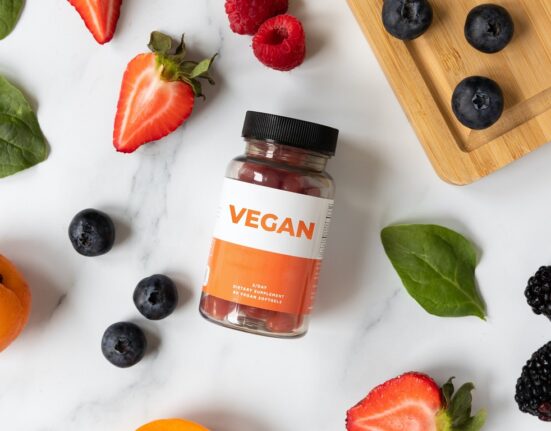A question often asked is, “Should one take vitamins during cancer treatment?.” The answer is, “The only one who can answer that question is an oncologist.”
Another way to approach this topic is to ask an oncologist after evaluating the following points. One can make a decision after better understanding the pros and cons of taking supplements. Read on.
Reasons a Doctor May Recommend Not Taking Vitamins
There are many reasons why an oncologist may recommend avoiding vitamin or mineral supplements. That’s why it’s important to ask a healthcare provider about it.
One of the biggest reasons oncologists don’t recommend vitamin and mineral supplements is that they may counteract the effects of radiation or chemotherapy. Free radicals in the body could damage the DNA in cells. This damage is known as “oxidative damage.” Antioxidants that are ingested work by neutralizing these free radicals and preventing oxidative damage by protecting cells. Antioxidants could also protect cancer cells from being damaged by radiation or chemotherapy.
Studies show that people who smoked and used supplements had worse outcomes. Vitamin C supplements decrease the effectiveness of chemotherapy by 30 to 70 percent in patients with leukemia or lymphoma cells.
Studies on human breast cancer showed that vitamin C decreased the effectiveness of tamoxifen. Research showed that vitamin C interfered with apoptosis, aka cell death, in cancer cells. Another reason why a doctor may ask a person to avoid taking supplements is because of interactions with other drugs. For example, vitamin E potentially increases the risk of bleeding in those taking a blood thinner called Coumadin.
Reasons an Oncologist May Recommend Vitamins
Just as there are reasons why people with cancer may avoid vitamins, there are circumstances in which doctors may recommend them. With side effects of treatments such as loss of appetite and nausea, nutritional deficiencies are common in cancer patients. Some research shows that supplementation may help reduce cancer cachexia. This syndrome of unintentional muscle wasting, weight loss, and decreased appetite affects people with advanced cancer.
Since treatments like chemotherapy and radiation therapy predispose people to other cancers, some assume supplements can reduce the risk of a second cancer. Research showed that mixtures containing vitamin E, vitamin C, melatonin, and green tea extract decreased fatigue in people with pancreatic cancer. A study stated melanoma patients treated with selenium had a lower risk of colon, lung, or prostate cancer.






